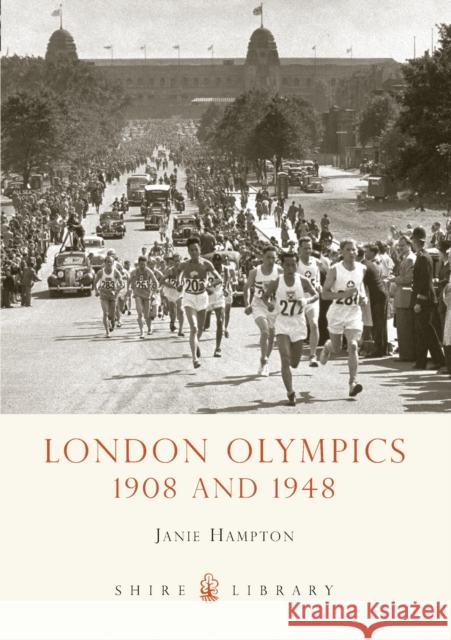London Olympics: 1908 and 1948 » książka
London Olympics: 1908 and 1948
ISBN-13: 9780747808220 / Angielski / Miękka / 2011 / 48 str.
The fourth Olympic Games of the modern era, in 1908, were set to be held in Rome, but when Mount Vesuvius erupted in 1906, Italy needed all her resources to rebuild Naples. London stepped up to the plate and with only two years to prepare the British Olympic organisers pulled off a successful Olympic Games. Miraculously, they managed to do so while shunning all municipal and government assistance and using only private enterprise for the arrangements. In under a year, the White City stadium was built on the site of the forthcoming Franco-British exhibition, with a running track, cycling track, football field, swimming pool and platform for gymnastics and wrestling. Events at the 1908 Olympic Games included real tennis, tug-of-war, motor-boat racing, archery, rackets, and rugby; Olympic lacrosse also made its last appearance at these games. In 1948 the Olympics came to Britain again, and to a country still recovering from the Second World War. During this Austerity Era, food, clothing and gasoline were heavily rationed, and the Olympic organizers had to make do with what little they had at their disposal. The indomitable spirit of Londoners cheerfully overcame every obstacle, including shortages of equipment and appalling weather. British women athletes sewed their own uniforms; American competitors shared their beef steaks with the British; and the French brought a goods train full of wine and steak. Czechoslovakian Emil Zatopek, Fanny Blankers-Koen from The Netherlands and British Boy Scouts traveled together on the London Underground. Medals were awarded for art and poetry. The entire budget for the 1948 Games was 760,000, and they turned a profit of 29,000. The first two London Olympics offer food for thought in the run-up to London 2012, with its multi-billion pound budget during a global economic recession, new sporting arenas, Olympic villages, and high-speed rail links. This history of London Olympics, which concludes with a look ahead to 2012, is a timely and fascinating chronicle of the Olympic Games of another age.











